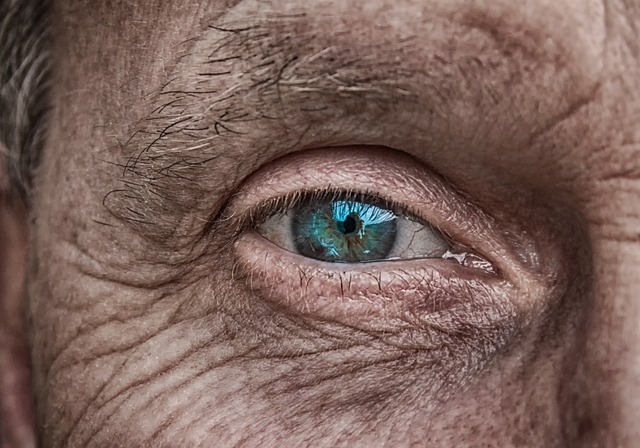How to Prevent Crepey Skin: Tips and Strategies for Maintaining Youthful Skin
By Sarah's Village

Crepey skin, characterized by thin, wrinkled, and sagging skin, often resembles crepe paper. This condition commonly affects areas like the arms, legs, and décolletage. While it is a natural part of aging, there are steps you can take to prevent and minimize its appearance. Here's a comprehensive guide on how to prevent crepey skin and maintain youthful, vibrant skin.
Understanding Crepey Skin
Crepey skin results from a combination of factors including aging, sun damage, loss of collagen and elastin, and dehydration. As we age, our skin produces less collagen and elastin, which are essential for maintaining skin firmness and elasticity. Sun exposure accelerates this process by breaking down these vital proteins and causing damage to skin cells.
Tips to Prevent Crepey Skin
-
Protect Your Skin from the Sun
- Use Sunscreen: Apply a broad-spectrum sunscreen with at least SPF 30 daily, even on cloudy days. Reapply every two hours when outdoors.
- Wear Protective Clothing: Long sleeves, wide-brimmed hats, and sunglasses can shield your skin from harmful UV rays.
- Seek Shade: Avoid direct sun exposure, especially during peak hours from 10 a.m. to 4 p.m.
-
Stay Hydrated
- Drink Plenty of Water: Aim for at least eight glasses of water a day to keep your skin hydrated from the inside out.
- Use a Humidifier: Adding moisture to the air can help prevent your skin from drying out, especially in dry climates or during winter.
-
Moisturize Regularly
- Use Hydrating Creams: Look for moisturizers containing hyaluronic acid, glycerin, and ceramides to retain skin moisture.
- Apply Moisturizer After Bathing: Lock in moisture by applying cream or lotion immediately after showering or bathing.
-
Adopt a Healthy Diet
- Eat Antioxidant-Rich Foods: Incorporate fruits and vegetables high in antioxidants, such as berries, leafy greens, and citrus fruits, to combat free radicals.
- Include Healthy Fats: Omega-3 fatty acids found in fish, flaxseeds, and walnuts help maintain skin elasticity and hydration.
- Protein Intake: Ensure adequate protein consumption to support collagen production. Include lean meats, eggs, and plant-based proteins in your diet.
-
Exercise Regularly
- Promote Circulation: Regular exercise increases blood flow, delivering essential nutrients to your skin.
- Strength Training: Building muscle can help support skin structure and reduce the appearance of sagging skin.
-
Use Anti-Aging Skincare Products
- Retinoids: Retinoids, derived from vitamin A, can boost collagen production and improve skin texture. Start with over-the-counter retinol or consult a dermatologist for prescription options.
- Peptides: Skincare products containing peptides can stimulate collagen production and enhance skin firmness.
- Exfoliate Gently: Regular exfoliation can remove dead skin cells and promote cell turnover, but avoid harsh scrubs that can damage delicate skin.
-
Avoid Smoking and Limit Alcohol
- Quit Smoking: Smoking accelerates skin aging by reducing blood flow and damaging collagen and elastin.
- Limit Alcohol: Excessive alcohol consumption can dehydrate the skin and contribute to premature aging.
-
Consider Professional Treatments
- Laser Therapy: Laser treatments can stimulate collagen production and improve skin texture.
- Chemical Peels: Chemical peels remove the outer layer of dead skin cells, revealing smoother, more youthful skin.
- Microneedling: This treatment involves tiny needles that create micro-injuries, prompting the skin to produce collagen and elastin.
Preventing crepey skin involves a combination of sun protection, hydration, proper skincare, a healthy diet, and lifestyle choices. By adopting these preventive measures, you can maintain youthful, firm, and smooth skin. Remember, consistency is key, and it’s never too early or too late to start taking care of your skin. If you have concerns about crepey skin or want to explore professional treatments, consult with a dermatologist for personalized advice and solutions.





